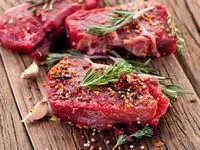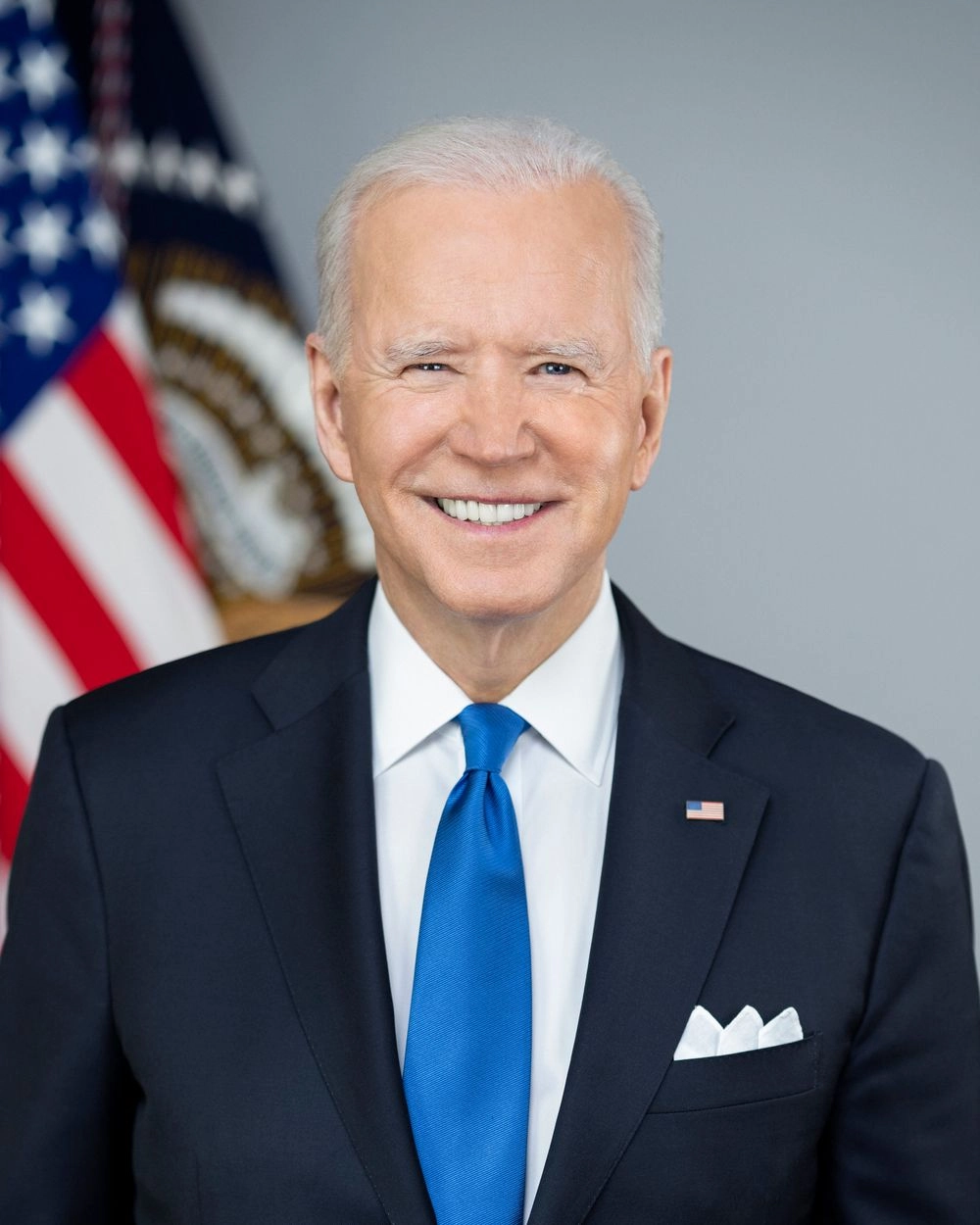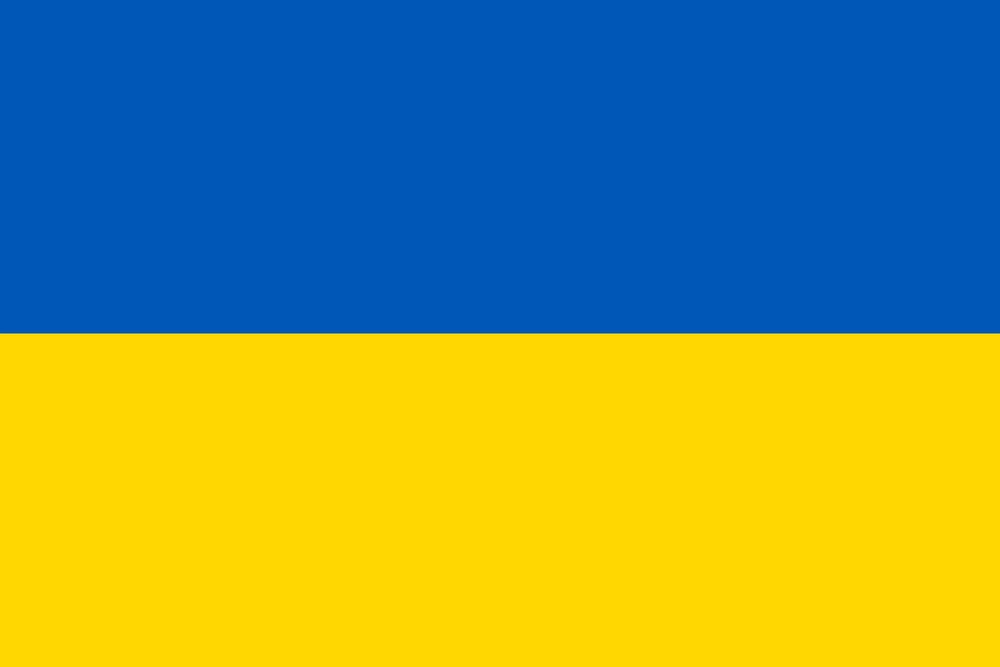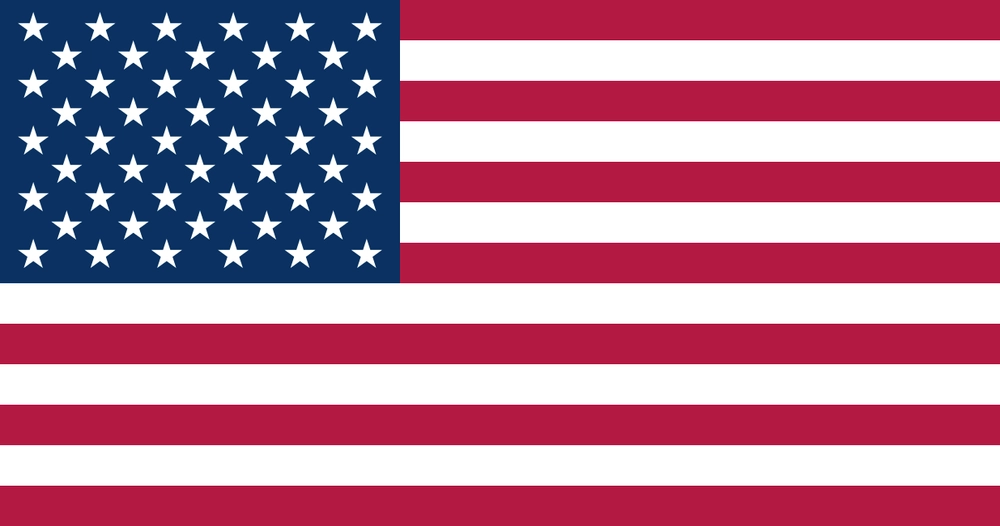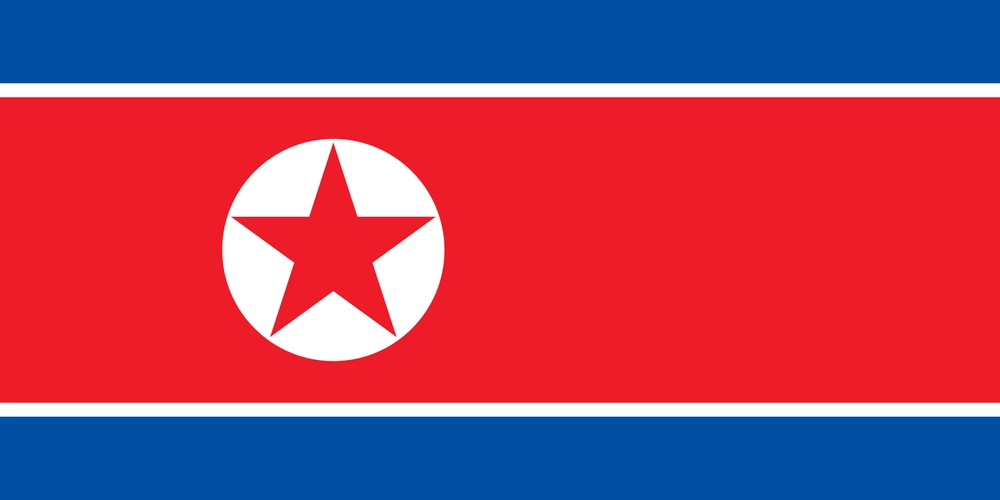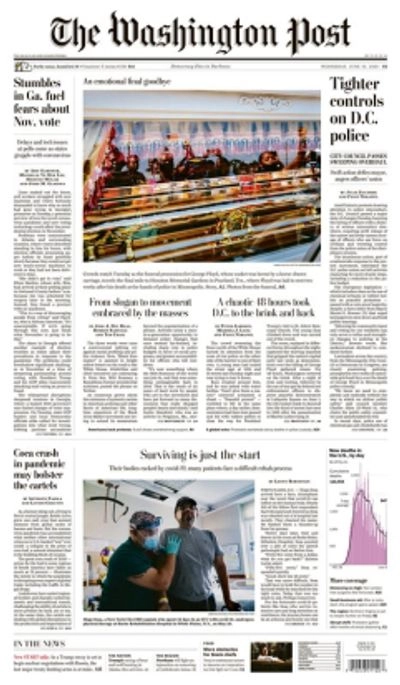
The EU's permission for duty-free trade with restrictions for Ukraine will stimulate exports in various areas - Ministry of Agrarian Policy
Kyiv • UNN
The EU has agreed to extend duty-free and quota-free trade with Ukraine for a year for most goods, which will have a positive impact on Ukrainian exports in various areas, such as bioethanol, and grain and oilseed products.
The EU's readiness to extend duty-free and quota-free trade with Ukraine for a year for most products is a positive fact that will help improve Ukrainian exports in various areas. This was emphasized by the First Deputy Minister of Agrarian Policy and Food of Ukraine Taras Vysotsky during the telethon "United News", UNN reports.
Details
Vysotsky emphasized that such a mechanism of regulation for trade has not been practiced so far, it is not a classic quota and restriction, so time will tell how practical it will be. However, he predicted that this would have a positive impact on various areas, including the export of products made from grains or oilseeds.
Overall, it is a positive fact that there is a willingness to extend the free trade zone. And this will again have a positive impact on various areas: bioethanol, and other products made from grains or oilseeds. This means that the level of exports to the EU will remain relatively high, and the EU will remain the main market, as well as all EU countries for our products.
The Deputy Minister of Agrarian Policy predicts that the level of mutual trade with European countries will remain high, and exports to the EU will exceed 40% next year.
Recall
Earlier , UNN reportedthat the EU had temporarily agreed to duty-free trade for Ukraine until June 2025, but with the possibility of imposing restrictions on sensitive agricultural products such as poultry, eggs, sugar, oats, cereals, corn, and honey if imports exceed the average level from July 2021 to December 2023.














